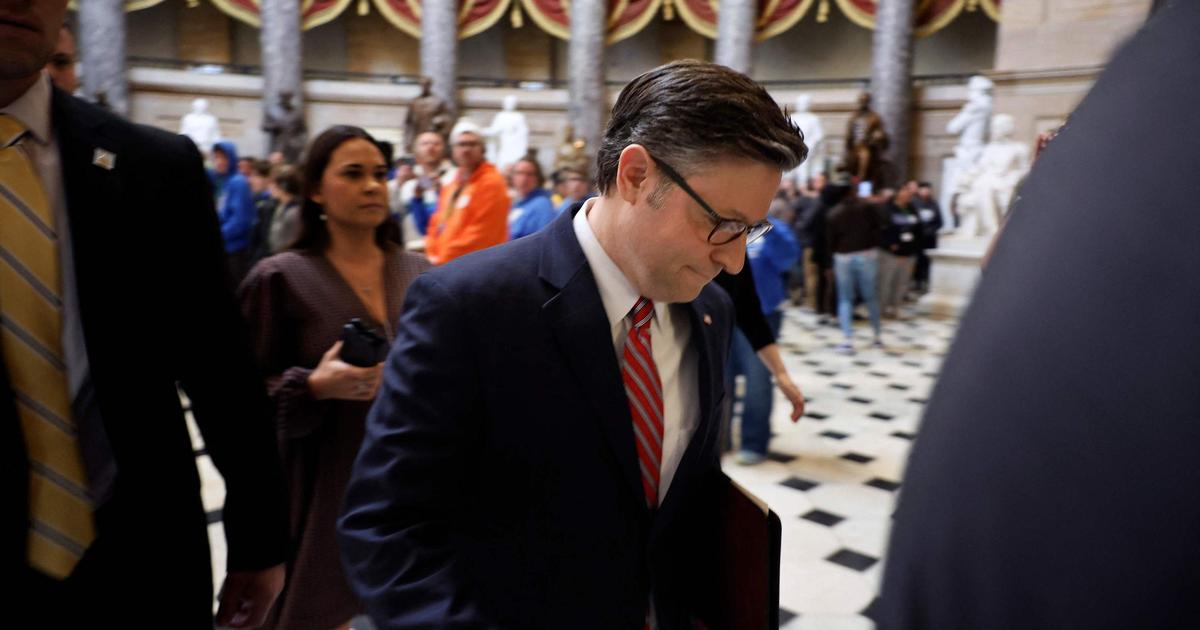A default avoided in extremis. The elected members of the House of Representatives adopted Wednesday by a very large majority the text to raise the debt ceiling, thus removing a little more the specter of a default of the United States on its debt. It must now be adopted by the Senate, which is expected to vote quickly.
Democratic Majority Leader Chuck Schumer said earlier in the day that he would submit it "as quickly as possible" so that "we avoid default." In a statement, Biden called the vote "an essential step forward to prevent a default for the first time ever." According to the Democratic president, this result was achieved through a "two-party compromise".
For his part, the Republican leader of the House, Kevin McCarthy, considered that this vote "puts the American citizen first" by realizing what "no previous term had succeeded so far": reducing federal spending. The result of marathon negotiations, the text must above all make it possible to avoid the worst: that the country's coffers will run dry next Monday, risking then leading the United States to default.
" READ ALSO Towards a major economic crisis? 5 minutes to understand the risk of U.S. default
It was to avoid this potentially catastrophic scenario for the economy that Joe Biden and Kevin McCarthy reached an agreement, which, like any compromise, fully satisfied no one. "No side got everything they wanted," Biden said. In detail, the bill received 314 votes in favor, 165 Democrats and 149 Republicans, while 117 elected officials opposed it, 71 Republicans and 46 Democrats.
Criticism from each side
In both camps, however, many voices had indicated that they would not vote for the text. Like that of the Republican representative of South Carolina, Nancy Mace. "This agreement formalizes the record level of federal spending during the pandemic and makes it the baseline for future spending," she said ahead of the vote. On the Democratic side, elected representatives of the left wing like Pramila Jayapal and Alexandria Ocasio-Cortez, refused to support a text "imposed" according to them by the Republicans.
Concretely, the bill suspends the debt ceiling until 2025, i.e. after the presidential elections at the end of 2024. In exchange, some spending will be limited in order to keep it stable, excluding military spending, in 2024 and up 1%, excluding inflation, in 2025. It also provides for a $10 billion cut in funding for tax services to modernize and strengthen controls.









